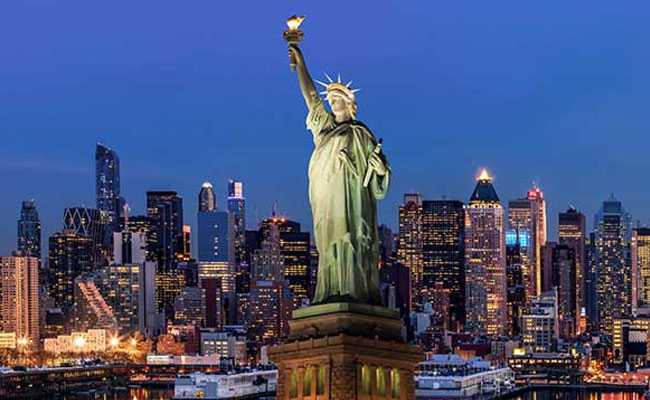
The U.S. government is intensifying its efforts to revoke the citizenship of certain naturalised Americans, following directives from President Donald Trump and Attorney General Pam Bondi.
The Department of Justice (DOJ) has made denaturalisation a priority as part of the administration's broader enforcement strategy.
A recent DOJ memorandum urges Civil Division employees to actively pursue denaturalisation cases to support the administration’s policy objectives. One of the memo’s highlighted areas is the “Prioritisation of Denaturalisation.”
What Is Denaturalisation?
Denaturalisation is the legal process by which a person’s U.S. citizenship is revoked. According to the DOJ, individuals may face denaturalisation if they:
Illegally obtained citizenship
Knowingly misrepresented or failed to disclose key facts during the naturalisation process
Who Are Naturalised Citizens?
Naturalised citizens are individuals born outside the U.S. who later acquire American citizenship through a formal legal process. This typically involves:
Becoming a lawful permanent resident (Green Card holder)
Living in the U.S. for a set number of years (usually five)
Demonstrating good moral character
Passing tests on English and U.S. civics
Taking the Oath of Allegiance
Naturalised citizens enjoy nearly all the same rights as native-born Americans, including voting rights and the ability to apply for a U.S. passport. However, citizenship can be revoked if it was obtained fraudulently.
DOJ’s Legal Authority and Focus
The DOJ memo empowers Civil Division attorneys to initiate civil proceedings against individuals who allegedly:
Illegally procured naturalisation
Gained citizenship through concealment of material facts or willful misrepresentation
Denaturalisation cases are also being pursued against individuals with criminal backgrounds or those who may pose a threat to national security.
“These actions help preserve the integrity of the naturalisation process by ensuring that individuals who obtained citizenship unlawfully do not continue to enjoy its benefits,” the DOJ stated.
This increased focus on denaturalisation marks a significant shift in enforcement priorities, raising concerns about how these powers may be applied in the months ahead.














